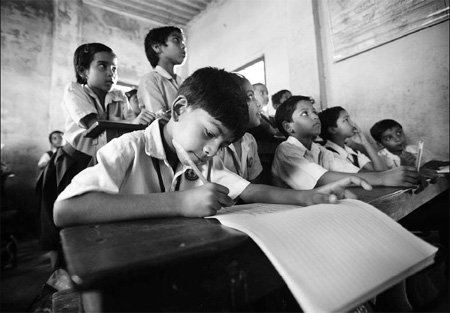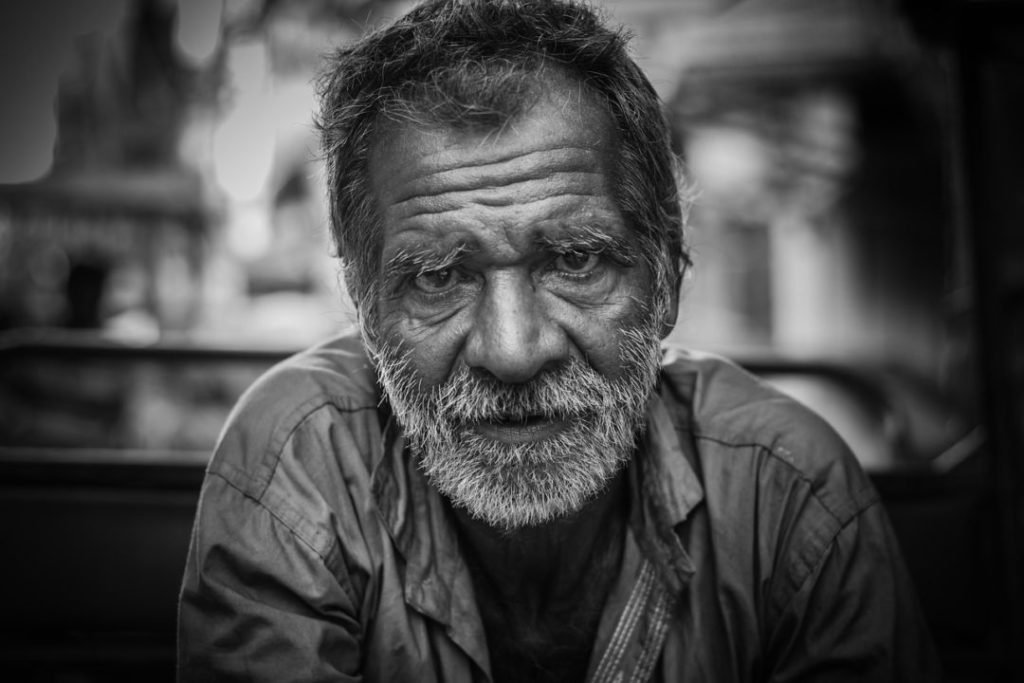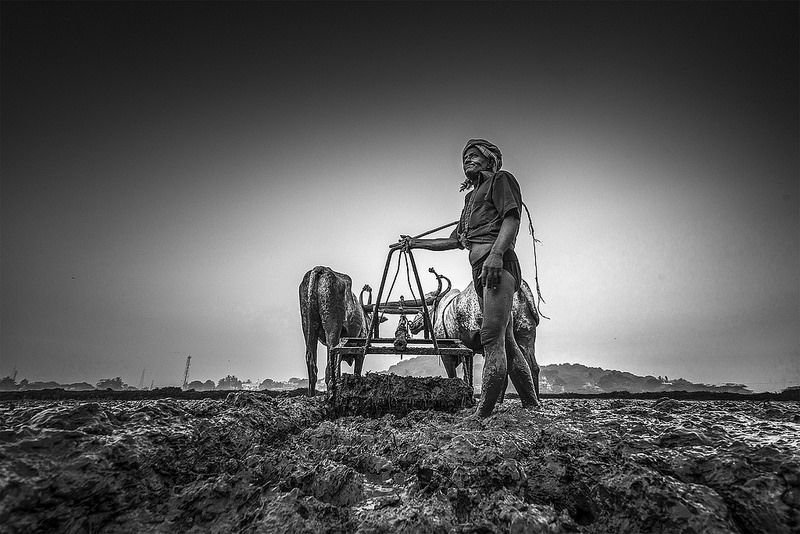
Our Model
Chinta foundation is a non-profit, voluntary citizens’ group that performs social service on a local, national or international level. We work on specific issues such as environment, education, health or human rights. We also play an important role in developing society, enhancing communities and promoting citizen participation.






